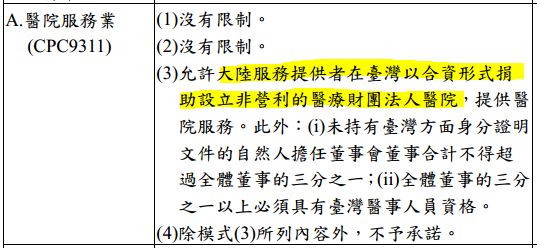The following is a brief of an old woman who used a telehealth service. Mrs. Wang-Lin is 70s years old and she has heart disease. She lives with her son, her son’s wife and children. She started to use a National Taiwan University Hospital telehealth service that included BabyBot machine in 2011 September. Before using the telehealth service, her health was not well and she has gone to ER several times. Then, she received a 2 weeks free trial of telehealth service. After the free trial, she continues to use it for one month.
The following are summary Mrs. Wang-Lin’s experience of using the telehealth service. I visited her several times during her trial. At beginning of trial, she told me that she hoped this service could help her health becoming more stable. She thought the expense of ER was higher than the telehealth service fee, so she thought telehealth service was a good choose. Besides, in order to take care her body, she was willing to learn to use BabyBot. After one month, she gave up using the telehealth service because it was not worth of NT3900 per month. First, she does not need medicine staff to tell her “the data of your blood pressure is a little higher than usual”. She said she takes blood pressure every day so she has already known what her normal blood pressure is. It is meaningless to send the vital sign to the hospital and to tell her something that she has already known. Second, she said if the blood pressure data is unstable, she will go to the closest hospital immediately. She doesn’t need anyone telling her. Finally, she said that she needed her son to assist her in operating BabyBot. Besides, she still cannot operate BabyBot by herself after one month trial.
In my opinion, the telehealth service still has two problems. First, the telehealth machine still difficult to use for the elder. Even though BabyBot has an innovative remote control, the elder can’t still use it by themselves. The most important, the telehealth service is less useful than consumers expected. Or the service is too general for consumers. I suggest telehealth service providers to think deeply what kind of services are consumers’ needs.

